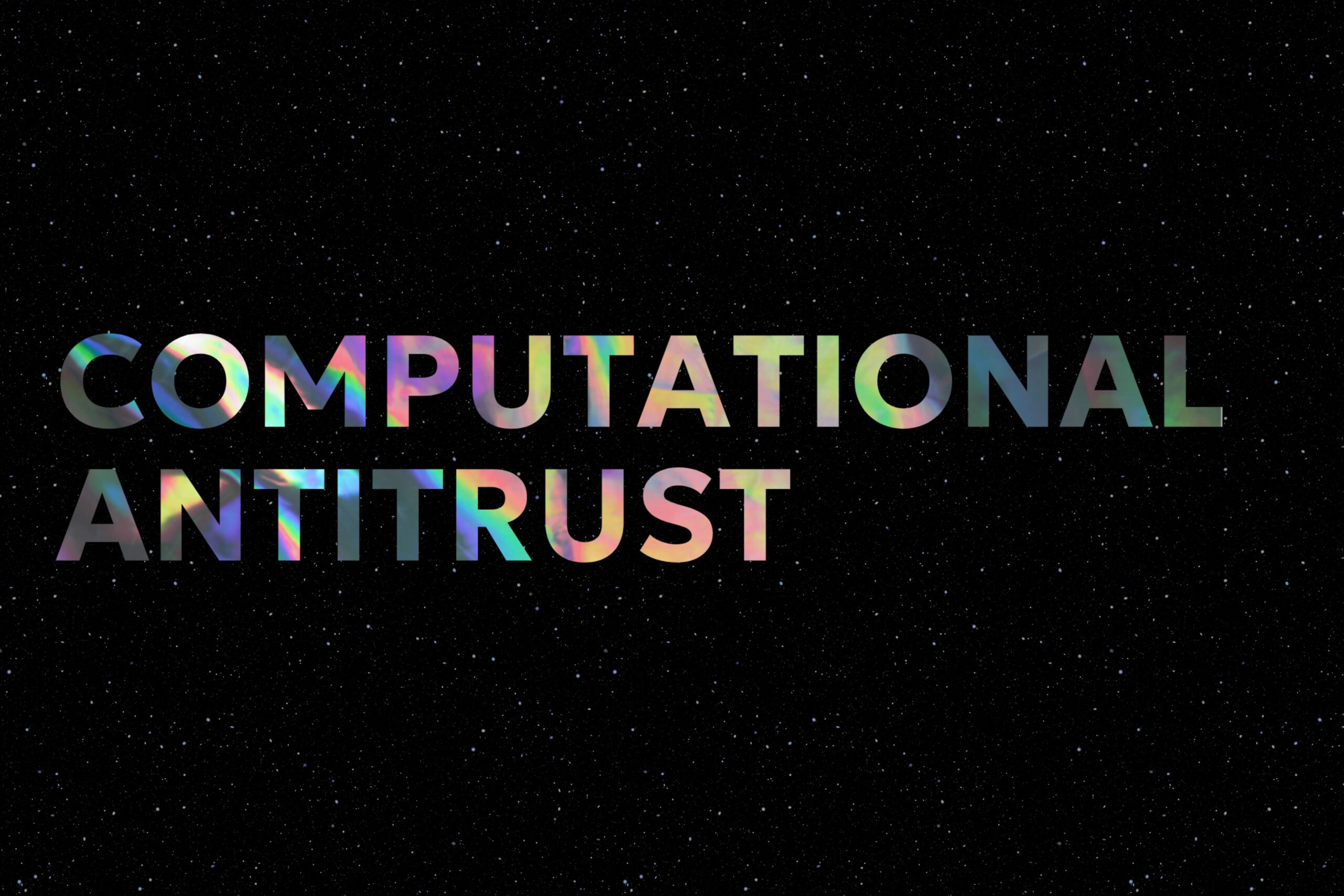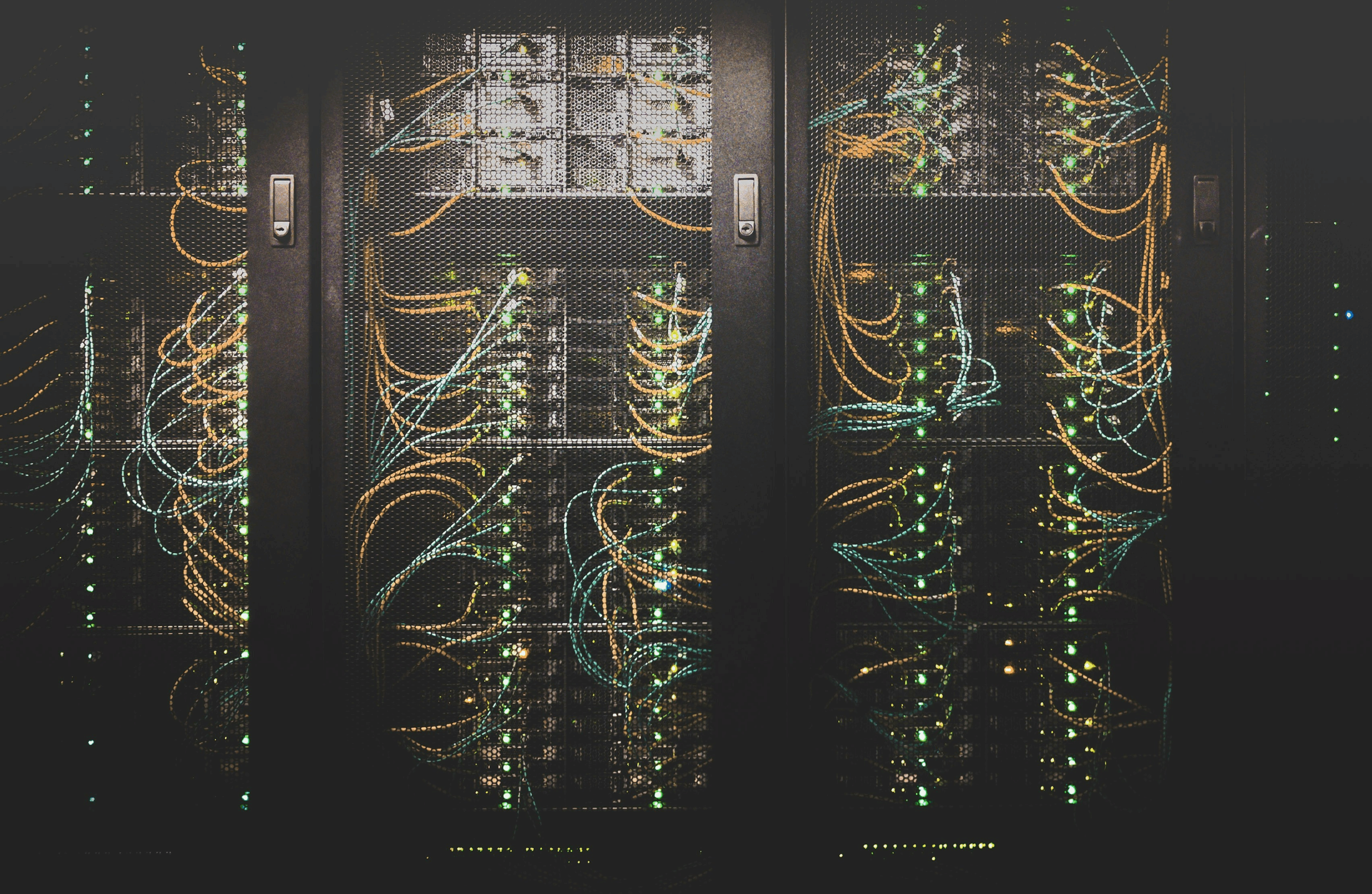The recently published Digital Markets Act (Regulation 2022/1925) applies to gatekeepers providing a “core platform service.” “[O]nline social networking services” are listed as one of these services (article 2); social media services are not. Chances are the Commission considers them to be the same thing—at least for the purpose of this regulation—but they are not.
The difference between social media and social networks
Social media and social networks are two different species.
- Social media are online services centered around content. Users follow (mostly) people they do not know personally but content creators whose publications they enjoy. YouTube is a good example of a social media service.
- Social networks are online services centered around relationships. People follow (for the most part) people that they know. Facebook and LinkedIn are good examples of social networks.
Social media and networks have different types of network effects:
- Social media’s network effect is exponential but not as long-lived as social networks’. On the one hand, each new user matters as a potential source of new content. A new YouTuber can add value to all users as they can access (and enjoy) YouTube’s entire content. Metcalfe’s Law (“the value of a telecommunications network is proportional to the square of the number of connected users of the system”) is fully verified. Increasing returns are strong. On the other hand, users easily switch between social media if new (types of) content becomes available elsewhere. And even when they don’t switch, users generally multi-home between social media.
- The network effect of social networks is comparatively weaker but more durable. On the one hand, new users only matter to *their* relationships (for example, LinkedIn users couldn’t care less about complete strangers’ new positions). On the other hand, we see a tendency for users to switch to new social networks only when their friends are also switching or are expected to switch (because of hype, etc.). Consumer inertia and lock-in are greater in social networks than in social media.
The great merge
In recent months, companies have started merging social media with social network features to secure their market positions. TikTok started as a social media provider but introduced a new “Friends” tab in May 2022. Conversely, Instagram started as a social network where users’ feeds were populated with pictures and videos from people they followed. Instagram feed now features posts from accounts that users do not follow. The company is investing in Reels to expand the reach of its users further.

The importance of the distinction between social media and social networks
Now, why all this fuzz? The distinction is not only semantic. It matters on several fronts:
➝ Within each:
- One should expect greater competitive pressure between social media than the competitive pressure there is between social networks.
- Social media competes with traditional media and other media formats.
➝ Between them:
- Social media and social networks are complements, not substitutes. As I speak, the antitrust jurisprudence often assigns separate relevant markets to substitutes. The obvious competition between Instagram version 2021 and TikTok version 2020 begs us to change our antitrust approach.
- Social media and social networks are different business models. I doubt the European Commission will refrain from applying the DMA to social media companies, but I hope we can draft more granular regulations. [Similarly, not all so-called “platforms” are actual platforms; some are aggregators. The distinction is not purely terminological, see here].
➝ Combining them:
- When assessing market power and dominance, antitrust agencies may want to document whether social media also have social network features—and vice versa. When a service has both social media and network features, the network effect is expected to be more powerful and longer-lived than pure social media or social network players.
- When analyzing mergers, antitrust agencies may want to study whether the operation comprises the combination of a social network with a social media service. When this is not the case, agencies should be more lenient than in situations where the new entity will combine social media and social network features thanks to the acquisition/merger.
Thibault Schrepel
@ProfSchrepel
| Citation: Thibault Schrepel, Social Media vs. Social Network: Implications For Antitrust Law, Network Law Review, Fall 2022. |








